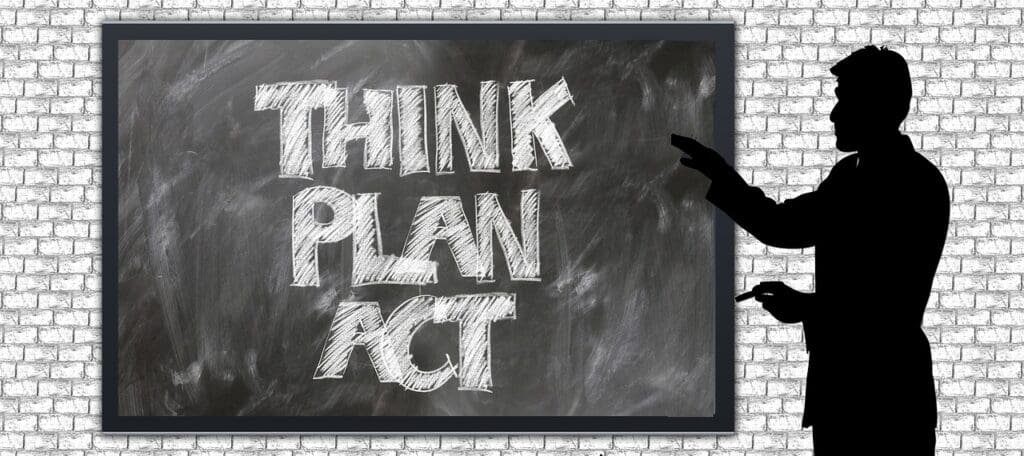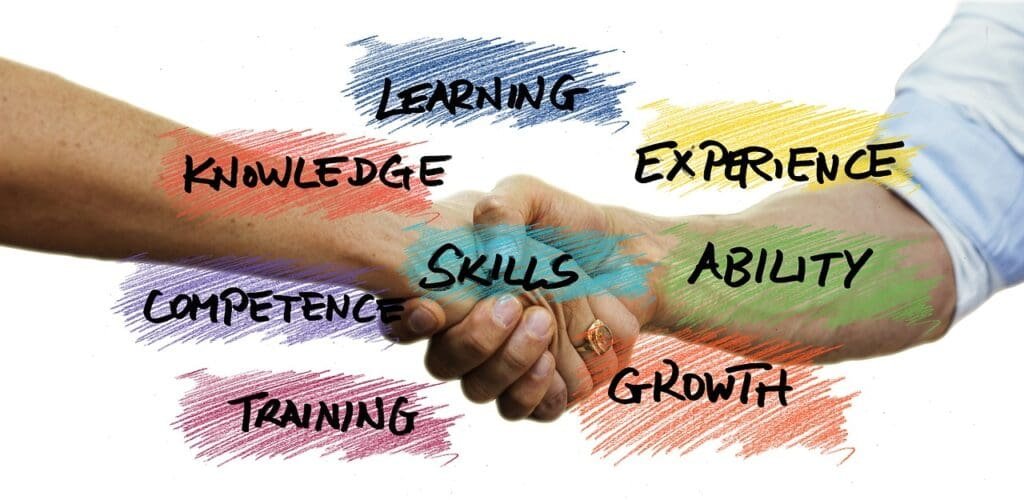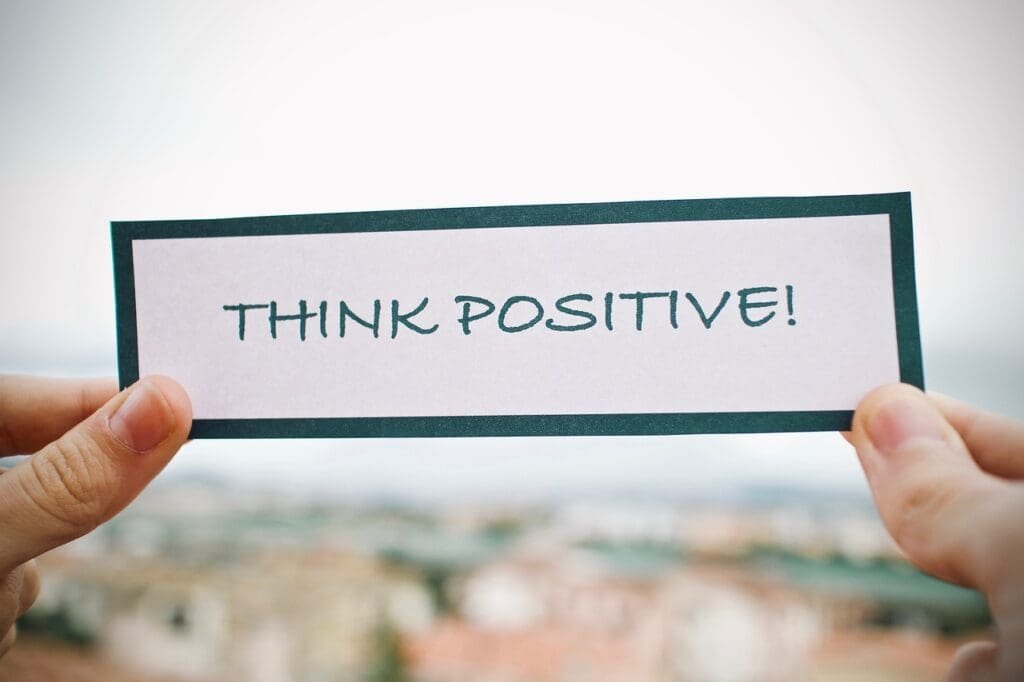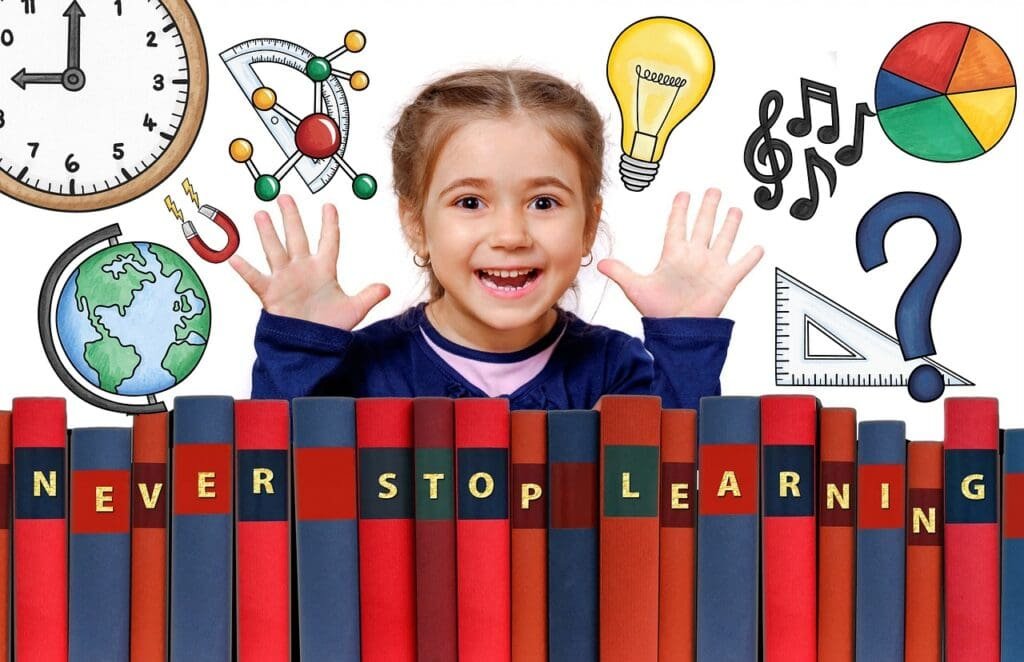
Intro
What is personal development? This question may have crossed your mind at some point in your life. Personal development is the ongoing process of improving oneself in all aspects of life, including physical, mental, emotional, and spiritual well-being.
It involves setting goals, gaining new skills, and adopting healthy habits to reach your full potential and become the best version of yourself. Personal development is a journey that never ends, and it requires commitment, self-reflection, and a willingness to learn and grow.
In this blog post, we will delve deeper into what personal development is and explore seven proven ways to nurture and enhance your personal growth.

Self-Awareness and Personal Development
Self-awareness is a crucial aspect of personal development. It involves having a deep understanding of oneself, including your strengths, weaknesses, values, and beliefs. Self-awareness is the foundation upon which personal growth is built, as it allows you to identify areas for improvement and develop a clear sense of direction.
So, what does personal development mean in the context of self-awareness? It means taking the time to reflect on who you are, what you want, and how you can become the best version of yourself. By being self-aware, you can uncover your true passions and purpose, which will guide your personal development journey.
But why do personal development at all? The answer is simple – personal development enables you to live a more fulfilling and meaningful life. It empowers you to make conscious choices that align with your values and goals. By investing in your personal growth, you can unlock your full potential and achieve success in all areas of your life.
Self-awareness is not something that can be achieved overnight. It requires continuous self-reflection, introspection, and a willingness to confront your own limitations and fears. However, the rewards of self-awareness are immense. By knowing yourself on a deep level, you can make better decisions, build healthier relationships, and navigate life’s challenges with resilience and confidence.
There are various ways to cultivate self-awareness as part of your personal development journey. Practices such as meditation, journaling, and self-reflection exercises can help you become more in tune with your thoughts, emotions, and inner voice. Additionally, seeking feedback from others, engaging in therapy or coaching, and participating in personal growth workshops can provide valuable insights and support.

Setting Personal Development Goals
Setting Personal Development Goals
Now that we have explored the importance of self-awareness in personal development, let’s move on to another crucial aspect: setting personal development goals. Personal development goals are the specific objectives that you set for yourself to achieve personal growth and self-improvement.
So, what does personal development mean in the context of setting goals? It means having a clear vision of where you want to go and what you want to achieve in your personal development journey. By setting goals, you give yourself direction and purpose, allowing you to focus your energy and efforts on what truly matters to you.
But why do personal development at all? Personal development goals provide a roadmap for your growth and development. They enable you to measure your progress, celebrate your achievements, and stay motivated along the way. By setting goals, you can challenge yourself to step outside of your comfort zone, learn new skills, and overcome obstacles that may arise.
Setting personal development goals also allows you to prioritize what is important to you and make intentional choices in your life. It helps you clarify your values and align your actions with your beliefs. By having a clear vision of what you want to achieve, you can make decisions that are in line with your personal growth and move closer to becoming the best version of yourself.
When setting personal development goals, it is important to make them specific, measurable, achievable, relevant, and time-bound (SMART). This means that your goals should be clearly defined, trackable, realistic, meaningful to you, and have a deadline for completion. Setting SMART goals helps you stay focused, motivated, and accountable for your progress.
In addition to setting SMART goals, it is important to break them down into smaller, actionable steps. By breaking your goals into manageable tasks, you can avoid overwhelm and make progress one step at a time. Remember, personal development is a journey, and each small step you take towards your goals brings you closer to personal growth and self-improvement.
Setting personal development goals is a powerful tool for self-growth and transformation. By setting goals that align with your values and desires, you can create a life that is meaningful, fulfilling, and true to who you are. So, take the time to reflect on what you want to achieve, set SMART goals, and embark on your personal development journey with confidence and purpose.

Skill Development as Personal Development
Skill development is a vital component of personal development. It involves acquiring new knowledge, abilities, and expertise that can enhance your personal and professional life. But what does skill development mean in the context of personal development?
Simply put, skill development means actively seeking opportunities to learn and grow in specific areas that are relevant to your goals and interests. It involves honing your existing skills and acquiring new ones that can help you excel in various aspects of your life.
So why should you prioritize skill development as part of your personal growth journey? The answer is simple – skill development enables you to become a well-rounded individual and empowers you to navigate life’s challenges with confidence and competence.
By investing in skill development, you open doors to new opportunities and possibilities. You become more adaptable and versatile, ready to tackle any situation that comes your way. Additionally, skill development can boost your self-esteem and self-confidence as you witness your progress and accomplishments.
There are many ways to engage in skill development. It can involve enrolling in courses, workshops, or training programs related to your desired skill set. You can also learn through online resources, books, podcasts, or even by seeking mentorship or guidance from experienced individuals in your field of interest.
It is essential to choose skills that align with your personal goals and values. This ensures that your skill development efforts are meaningful and relevant to your overall personal growth. By focusing on skills that resonate with you, you will find more motivation and enjoyment in the learning process.
Skill development is an ongoing process that should be embraced throughout your life. It is never too late to learn something new or to improve upon existing skills. The more you invest in skill development, the more you will be able to adapt to a rapidly changing world and position yourself for success in your personal and professional endeavors.

Cultivating Positive Attitude
Cultivating a positive attitude is a vital aspect of personal development. It involves adopting a mindset that focuses on optimism, resilience, and gratitude, even in the face of challenges and setbacks. But what does cultivating a positive attitude mean in the context of personal development?
Cultivating a positive attitude means actively choosing to see the bright side of things and approaching life with a positive outlook. It means recognizing that your thoughts and beliefs shape your reality and choosing to cultivate positive thoughts and emotions. By doing so, you can create a more joyful, fulfilling, and successful life.
So, why should you prioritize cultivating a positive attitude as part of your personal growth journey? The answer is simple – a positive attitude has numerous benefits for your overall well-being and success. Research has shown that individuals with a positive attitude experience lower levels of stress, better physical health, improved relationships, and higher levels of happiness and satisfaction.
When you cultivate a positive attitude, you are better equipped to handle life’s challenges with resilience and grace. Instead of dwelling on the negative, you focus on finding solutions and opportunities for growth. A positive attitude allows you to approach obstacles as learning experiences and helps you bounce back from setbacks faster.
Cultivating a positive attitude also improves your relationships and interactions with others. People are naturally drawn to those who radiate positivity and optimism. By cultivating a positive attitude, you can build stronger, more meaningful connections and create a positive impact on those around you.
There are various ways to cultivate a positive attitude. Start by practicing gratitude. Take a few moments each day to reflect on the things you are grateful for. This simple practice can shift your focus from what’s wrong to what’s going right in your life.
Another way to cultivate a positive attitude is through positive self-talk. Replace negative self-talk and self-doubt with positive affirmations and empowering thoughts. Focus on your strengths and accomplishments, and believe in your ability to overcome challenges.
Surrounding yourself with positive influences is also crucial. Seek out individuals who inspire and uplift you. Engage in activities that bring you joy and fulfillment. Remember, you have the power to choose the people, environments, and experiences that shape your attitude and mindset.

Strengthening Relationships for Personal Development
Building and nurturing strong relationships is a crucial aspect of personal development. Strengthening relationships allows us to create meaningful connections with others, which in turn contributes to our overall well-being and personal growth. So, what does personal development mean in the context of strengthening relationships? It means actively investing time and effort into building and maintaining healthy and fulfilling connections with the people in our lives.
Why is it important to prioritize strengthening relationships as part of our personal growth journey? Well, human beings are inherently social creatures, and our relationships have a significant impact on our happiness and fulfillment. When we have strong and positive connections with others, we experience a sense of belonging and support, which can enhance our self-esteem and overall quality of life.
In addition, strong relationships provide opportunities for personal growth and learning. Our interactions with others offer insights and different perspectives, helping us expand our horizons and develop empathy and understanding. Through meaningful relationships, we can learn valuable life lessons, develop essential social skills, and even discover new aspects of ourselves.
So, how can we strengthen our relationships for personal development? First and foremost, it is essential to prioritize open and honest communication. Effective communication is the foundation of any healthy relationship. By actively listening, expressing our needs and concerns, and fostering a safe and supportive environment for open dialogue, we can build stronger connections with others.
Additionally, practicing empathy and understanding is crucial. Putting ourselves in others’ shoes allows us to cultivate deeper connections and foster compassion. By genuinely seeking to understand others’ perspectives and experiences, we can strengthen our relationships and promote personal growth for both parties involved.
Furthermore, it is important to invest time and effort in maintaining and nurturing our relationships. This includes scheduling quality time together, actively participating in shared activities, and showing appreciation and gratitude for one another. By consistently showing up and demonstrating that we value and care for our relationships, we can deepen our connections and create a solid foundation for personal development.
Love: Is it The Missing Puzzle Piece in Your Life?

Personal Development through Physical Fitness
Physical fitness plays a crucial role in personal development. It is not just about looking good or being able to lift heavy weights; it goes much deeper than that. Engaging in regular physical activity and taking care of your body has numerous benefits for your overall well-being and personal growth.
So, why do personal development through physical fitness? Firstly, regular exercise releases endorphins, the feel-good hormones that boost your mood and reduce stress and anxiety. Engaging in physical activity can help you manage and cope with the challenges and pressures of everyday life. It provides an outlet for stress and allows you to clear your mind and focus on the present moment.
Physical fitness also enhances your mental well-being. It improves cognitive function, memory, and concentration, making you more productive and efficient in your daily tasks. Additionally, exercise stimulates the growth of new brain cells, promoting brain health and reducing the risk of cognitive decline and mental illnesses.
In addition to the mental benefits, physical fitness positively impacts your physical health. Regular exercise strengthens your cardiovascular system, reducing the risk of heart disease, stroke, and other chronic illnesses. It boosts your immune system, making you more resilient to infections and diseases.
Moreover, physical fitness improves your energy levels and enhances your sleep quality. When you prioritize exercise, you will notice that you have more energy throughout the day and can tackle tasks with greater enthusiasm and vigor. It also helps regulate your sleep patterns, promoting restful and rejuvenating sleep.
Engaging in physical fitness activities can also improve your self-esteem and body image. As you see improvements in your strength, stamina, and overall fitness level, you will gain confidence and a sense of achievement. Physical fitness allows you to appreciate and celebrate your body for what it can do, rather than solely focusing on appearance.
Lastly, physical fitness can foster discipline and perseverance, which are essential qualities for personal growth. Setting goals and sticking to a workout routine requires commitment, determination, and consistency. By challenging yourself physically, you develop mental toughness and resilience that can be applied to all areas of your life.
To incorporate physical fitness into your personal development journey, find activities that you enjoy and that align with your goals and interests. It can be as simple as going for a walk, practicing yoga, or joining a team sport. The key is to find something that you genuinely enjoy, as it will increase your motivation and make it easier to stick to your fitness routine.

Continuous Learning and Personal Development
Continuous learning is an integral part of personal development. It involves actively seeking opportunities to acquire new knowledge, expand your skills, and grow as an individual. But why is continuous learning important in the context of personal development? Well, the answer is simple – it allows you to stay adaptable, relevant, and ahead of the curve in an ever-changing world.
In today’s fast-paced and competitive society, learning should not be confined to a specific period of time, such as school or college. It should be a lifelong pursuit. Continuous learning ensures that you are constantly evolving and developing, both personally and professionally. It enables you to keep up with emerging trends, technologies, and ideas, and opens up new opportunities for growth and success.
But what does continuous learning entail? It can take various forms, such as reading books, taking online courses, attending workshops or conferences, participating in webinars, or even engaging in conversations and discussions with others. The key is to have a thirst for knowledge and a curiosity to explore new ideas and perspectives.
Continuous learning not only enhances your knowledge and skills but also expands your horizons and broadens your worldview. It exposes you to different cultures, beliefs, and ways of thinking, fostering empathy and understanding. By continuously learning, you become a more well-rounded individual, equipped with a diverse range of perspectives and insights.
Moreover, continuous learning allows you to stay relevant and adaptable in a rapidly changing world. In today’s digital age, where technologies and industries are constantly evolving, it is crucial to embrace lifelong learning. By continuously updating your knowledge and skills, you can remain competitive and navigate transitions or career shifts with confidence and ease.
In conclusion, continuous learning is an essential aspect of personal development. It ensures that you are always growing, adapting, and staying ahead in today’s fast-paced world. By embracing a mindset of continuous learning, you open yourself up to new possibilities, expand your horizons, and position yourself for personal and professional success. So, keep learning, keep growing, and embrace the journey of continuous personal development.